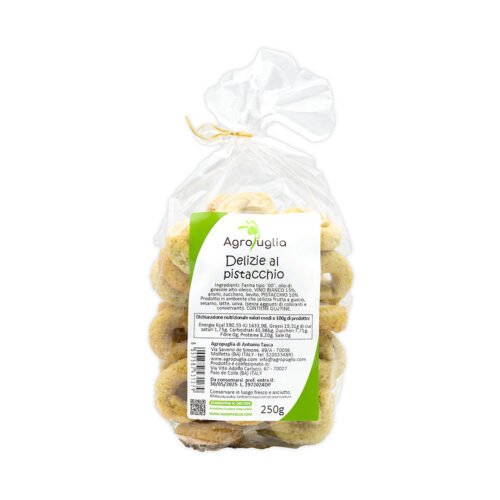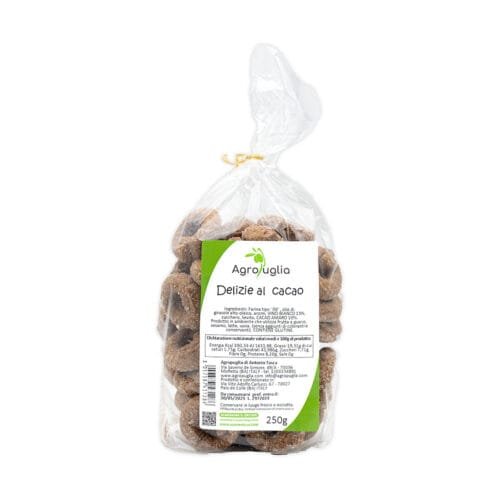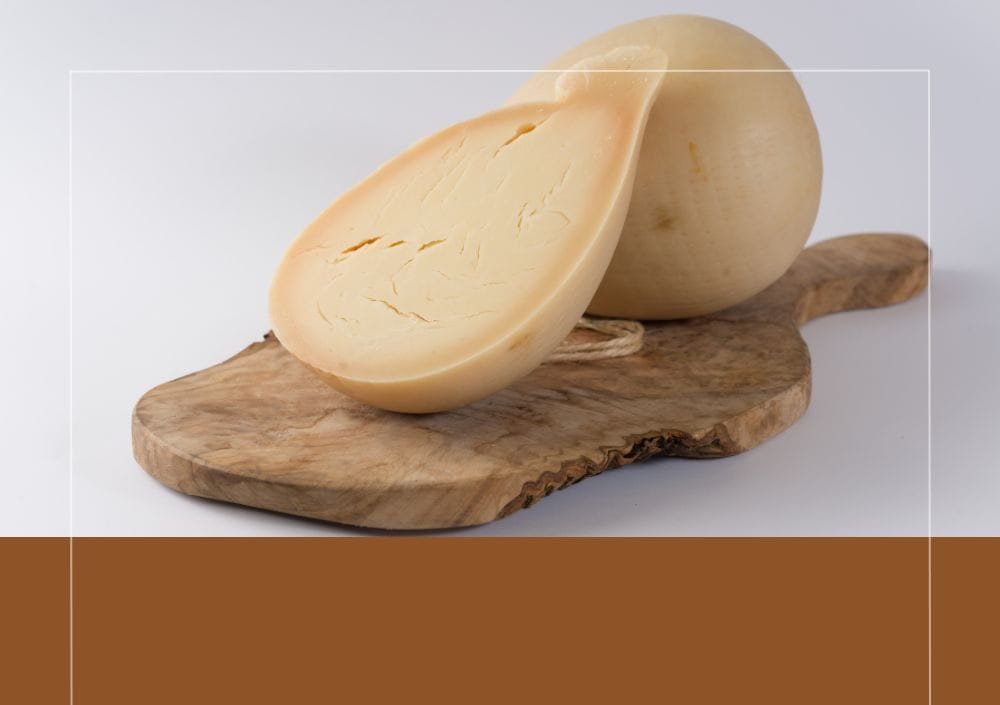The origin of whole grain cookies can be traced back to the ancient practice of consuming unrefined cereals. Historically, whole wheat flour was the basis of many daily foods, including bread, thanks to its ability to provide lasting energy and promote digestion. However, with the advancement of milling techniques and the increasing availability of refined flour, the consumption of whole grain products decreased, often associated with less affluent social classes.
Despite this, over the course of the twentieth century, with increasing awareness of the importance of a balanced diet rich in fiber, whole grain cookies regained popularity. This return to origins was also driven by growing interest in more natural and less processed diets, with a focus on health and the environment.
The Health Revolution
The real revolution of whole grain cookies occurred in recent decades when scientific research began to highlight the benefits of a diet rich in whole grains. These cookies have become a symbol of a health-conscious lifestyle, capable of offering not only essential nutrients but also helping in the prevention of chronic diseases, such as cardiovascular diseases and diabetes.
Whole Grain Cookies Today
Today, whole grain cookies are available in multiple variants and flavors, enriched with healthy ingredients like seeds, dried fruit, and spices. They are chosen not only by those following particular diets but by anyone who wants a tasty break without compromising on health. Their production ranges from large food industries to small artisanal productions, with increasing attention to the use of organic and sustainable ingredients.
Conclusion
Whole grain cookies embody the perfect union between pleasure and health, demonstrating how conscious dietary choices can positively influence our well-being. Their story, from modest origins to becoming ambassadors of healthy and sustainable eating, reflects the evolution of the human relationship with food, a journey that continues to evolve alongside our knowledge and habits.















